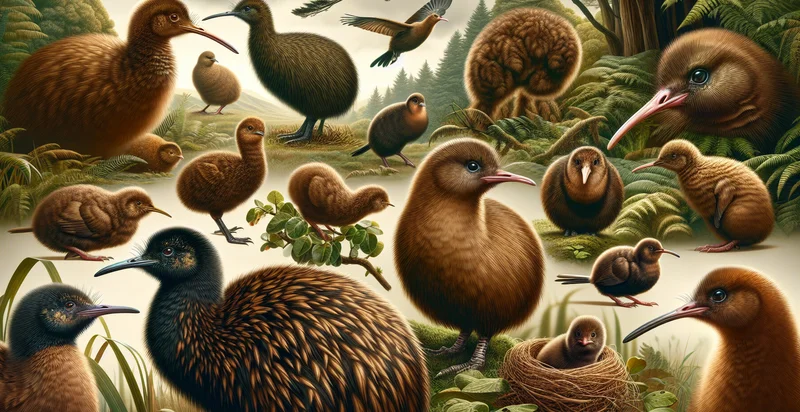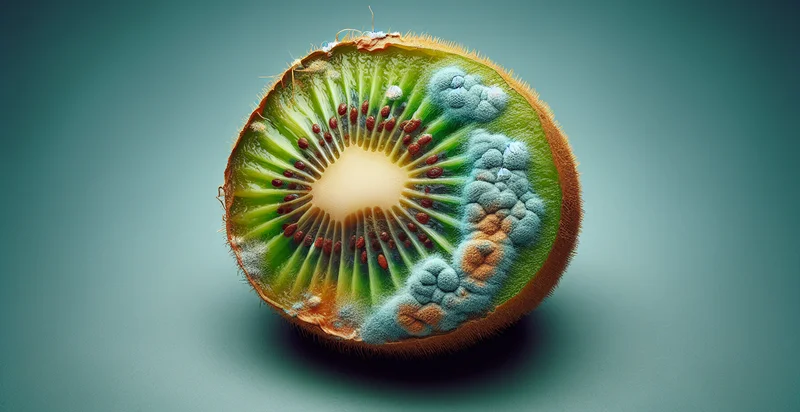Identify kiwi species
using AI
Below is a free classifier to identify kiwi species. Just upload your image, and our AI will predict the species of kiwi fruit it is - in just seconds.

Contact us for API access
Or, use Nyckel to build highly-accurate custom classifiers in just minutes. No PhD required.
Get started
import nyckel
credentials = nyckel.Credentials("YOUR_CLIENT_ID", "YOUR_CLIENT_SECRET")
nyckel.invoke("kiwi-species", "your_image_url", credentials)
fetch('https://www.nyckel.com/v1/functions/kiwi-species/invoke', {
method: 'POST',
headers: {
'Authorization': 'Bearer ' + 'YOUR_BEARER_TOKEN',
'Content-Type': 'application/json',
},
body: JSON.stringify(
{"data": "your_image_url"}
)
})
.then(response => response.json())
.then(data => console.log(data));
curl -X POST \
-H "Content-Type: application/json" \
-H "Authorization: Bearer YOUR_BEARER_TOKEN" \
-d '{"data": "your_image_url"}' \
https://www.nyckel.com/v1/functions/kiwi-species/invoke
How this classifier works
To start, upload your image. Our AI tool will then predict the species of kiwi fruit it is.
This pretrained image model uses a Nyckel-created dataset and has 9 labels, including Actinidia Arguta, Actinidia Chinensis, Actinidia Deliciosa, Actinidia Eriantha, Actinidia Kolomikta, Actinidia Macrosperma, Actinidia Polygama, Actinidia Purpurea and Actinidia Rufa.
We'll also show a confidence score (the higher the number, the more confident the AI model is around the species of kiwi fruit it is).
Whether you're just curious or building kiwi species detection into your application, we hope our classifier proves helpful.
Related Classifiers
Need to identify kiwi species at scale?
Get API or Zapier access to this classifier for free. It's perfect for:
- Farm Management Optimization: Farmers can use the kiwi species identifier to assess the health of their crops and make informed decisions about irrigation, fertilization, and pest control. By accurately identifying the species of kiwi plants in their orchards, farmers can optimize their resources and increase yields.
- Supply Chain Transparency: Retailers can implement the kiwi species identifier to ensure the quality and authenticity of the products they source. This function can verify the species of kiwis being supplied, thereby reducing the risk of mislabeling and enhancing consumer trust.
- Biodiversity Conservation: Conservation organizations can utilize this identifier to monitor and protect kiwi species in their natural habitats. By identifying and cataloging diverse kiwi species, these organizations can implement targeted conservation strategies and promote biodiversity.
- Educational Tools for Botany: Educational institutions can incorporate the kiwi species identifier into their biology and botany curriculums. This tool can help students learn about plant classification, ecological significance, and species preservation in an interactive and engaging way.
- Ecotourism Development: Ecotourism businesses can leverage the kiwi species identifier to enhance guest experiences by offering guided tours that focus on the local flora. By educating tourists about different kiwi species and their ecological roles, businesses can promote awareness and appreciation for nature.
- Research and Development: Agricultural researchers can use the kiwi species identifier to study genetic variations among kiwi species, leading to the development of new, hardier cultivars. The insights gained from this data can accelerate agricultural innovation and improve food security.
- Mobile Applications for Enthusiasts: Developers can create mobile apps that integrate the kiwi species identifier for horticulture enthusiasts or travelers. Users can take pictures of kiwi plants, and the app can identify the species, providing them with care tips and information about the found species to enhance their gardening or foraging experience.


